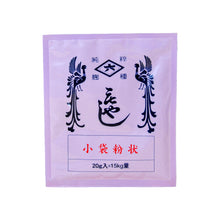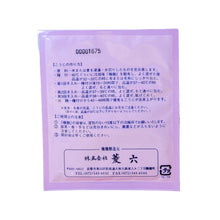A koji starter, referred to as "koji," is a crucial ingredient in the traditional Japanese fermentation process. Koji is a type of fungus, specifically the Aspergillus oryzae, that is used to inoculate and ferment various food products. It plays a fundamental role in the production of several Japanese staples, including soy sauce, miso, sake, and mirin.
The specialty of this koji starter in miso making lies in its ability to produce enzymes that break down complex carbohydrates and proteins into simpler compounds, transforming the raw ingredients into the flavorful miso paste. Here are some key aspects of the koji starter's role in miso making.
One of the key features of koji spores for miso is their ability to produce a high amount of enzymes, especially proteases, amylases, and lipases. Proteases break down the soy proteins into amino acids, particularly glutamic acid, which gives miso its strong umami flavor. Amylases break down the starches in grains like rice or barley into sugars, which contribute to the mild sweetness in some miso varieties. Lipases also help in breaking down fats, further contributing to the complexity of the flavor.




